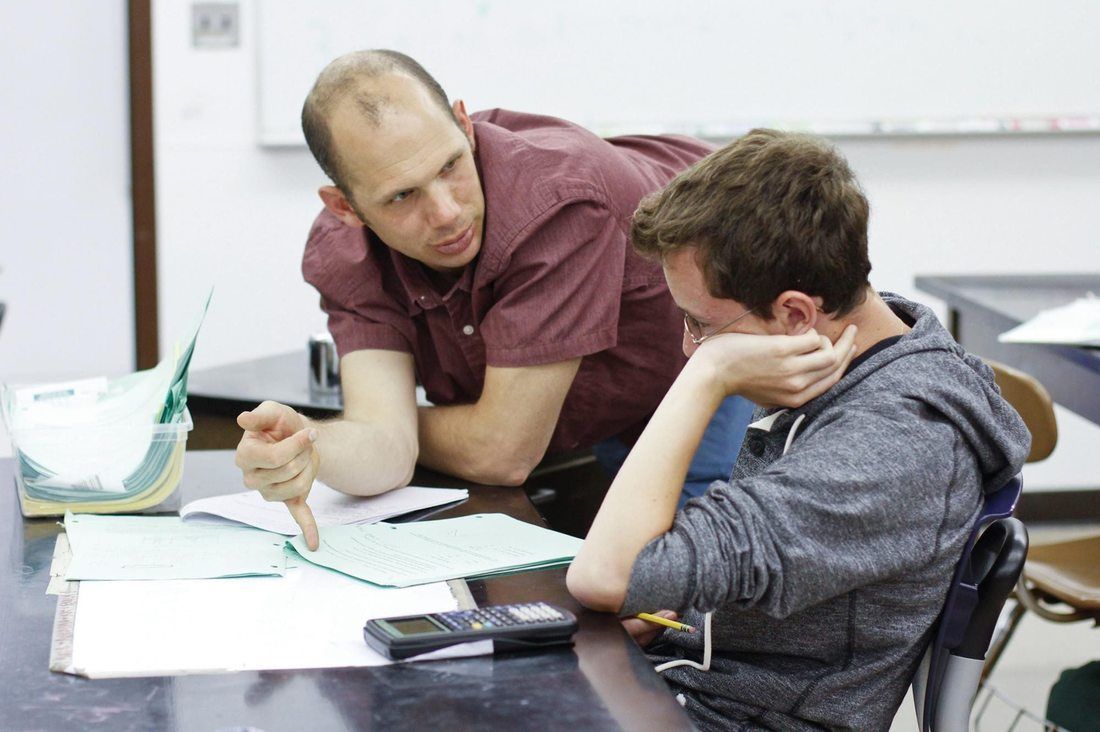|
|
|
I am currently developing a unit on the structure and function of Hemoglobin in my Biochemistry class. Keeping this in mind, in the current online learning structure I have been slipping back into some old habits of teaching as they seem "easier", or more "efficient" in this structure. However, they do not align with my personal philosophy regarding how to surface student curiosity, interest, and motivation.
For example, falling back on a traditional approach would embrace the following work flow:
Implementing an approach guided by student curiosity COULD could follow the below format:
In the later example, direct instruction is delayed, but delivered in a way that compliments an initial activity. Students have plenty of related prior knowledge, and more importantly, false confidence, around the case study, but lacked true understandings of the biochemical mechanisms. Essentially, this example is designed to "prime" students for a moment of direct instruction, and aligns well with current research on the relationships between curiosity and learning: "It's very in vogue to talk about curiosity as a strategy to increase learning, but it's unclear how to engage people's curiosity...Our study suggests it's the uncertainty -- when you think you know something and discover you don't -- that leads to the most curiosity and learning." The above quote is a good reminder when designing this lesson, or those to follow, that it is not about HOW direct instruction is delivered by about WHEN. What can I do as an educator to provide enough information to not demotivate, but withhold enough to instill a sense of false confidence? Such a fun task... It's the "Tip of the Tongue" effect, that Loewenstein discusses here, or in a more tangible way, the "Mystery Box" that Abrams shares here. I will share the complete lesson plan when done in the coming days. Comments are closed.
|
Categories
All
Archives
March 2024
|

 RSS Feed
RSS Feed